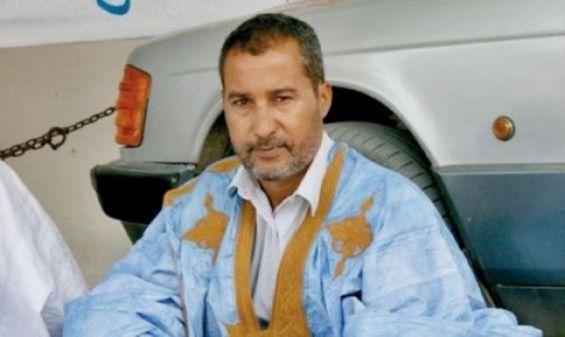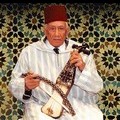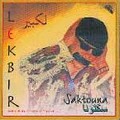Mustapha Salma Ould Sidi Mouloud, who has been living in exile in Mauritania since he supported the autonomy plan proposed by Morocco in 2009, wrote a letter full of praise addressed to the mayor of Laayoune. The former police chief of the Polisario Front urged Hamdi Ould Errachid to assume the responsibility of being a leader for Sahrawis.
«Please bring together what remains of our notables and symbols to develop an initiative capable of saving the face of those who have went off track», he wrote in his letter. Mustapha Salma is convinced that the MP, and currently one of the strongest men within the Istiqlal party, is the person best qualified to carry out this mission.
«You are capable (…) of restoring the dignity and pride of each Sahrawi. Your cousins and those close to you on the coast, in the East, in the North and in the South need leaders like you who would unify them».
For Mustapha Salma, each Sahrawi who likes to defend his relatives can only «put themselves at the service of this noble man, only the enemies of this society will not join» this project.
Reviving the Sahrawi National Union Party?
«The choice that fell on Hamidi Ould Errachid is not by chance. He is a great leader, a tribal sheikh, and an elected official from a historic party in Morocco, who enjoys a strong popular base. He also has legitimacy to carry out this initiative», Mustapha Salma told Yabiladi. He added that «Morocco currently needs a partner for peace and the Polisario cannot play this role». «The current context in the province remains open and resembles that which prevailed at the start of the conflict» during the 1970s, he explained.
We learned, moreover, that the letter in question comes as the Sahara is experiencing a resumption of political action, long stranded. The Sahrawi Peace Movement, despite the errors noted during its October 3 congress, contributed to this dynamic.
Mustapha Salma and other political, financial and especially tribal notables do not intend to stay away from this new context and want to return to the political scene with a new initiative. They are not the only ones to nurture this ambition, others want a revival of the project of the Sahrawi National Union Party (PUNS), founded in 1974 under Spanish occupation by Khelihenna Ould Errachid (the current president of CORCAS) and the brother of Hamdi Ould Errachid, praised by Mustapha Salma in his letter. Unlike the Polisario, the PUNS never requested independence for the territory but rather defended the option of autonomy.
After the Green March of November 6, 1975, this formation disappeared from the political scene but was able to maintain a presence in the province, in particular among Saharawis identified by the authorities of Madrid in 1974. Its founder, called by Hassan II to assume high positions in Rabat, had handed over the management of the party to Diyya Ould Ennoucha, a Saharawi notable.





 chargement...
chargement...













